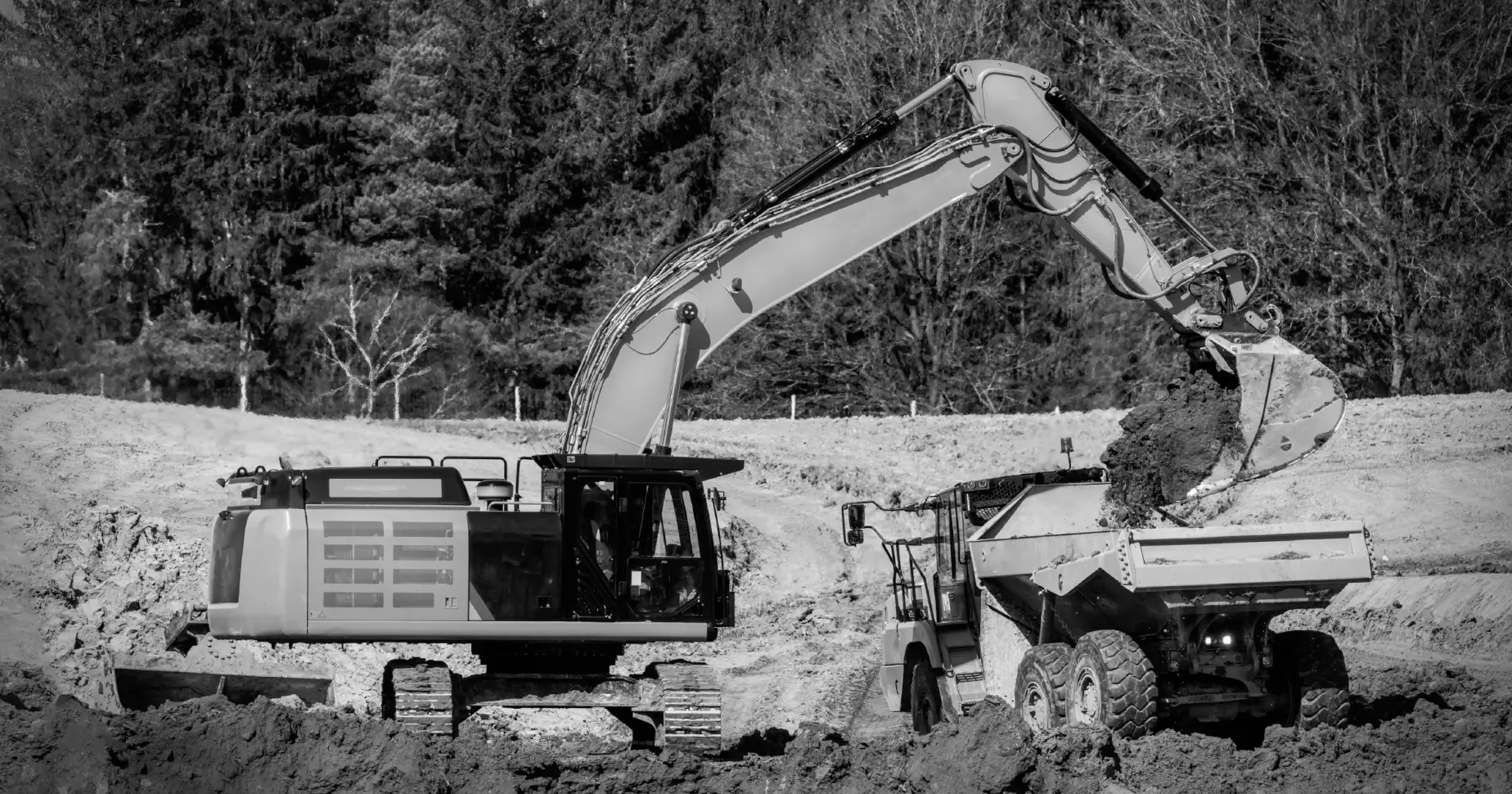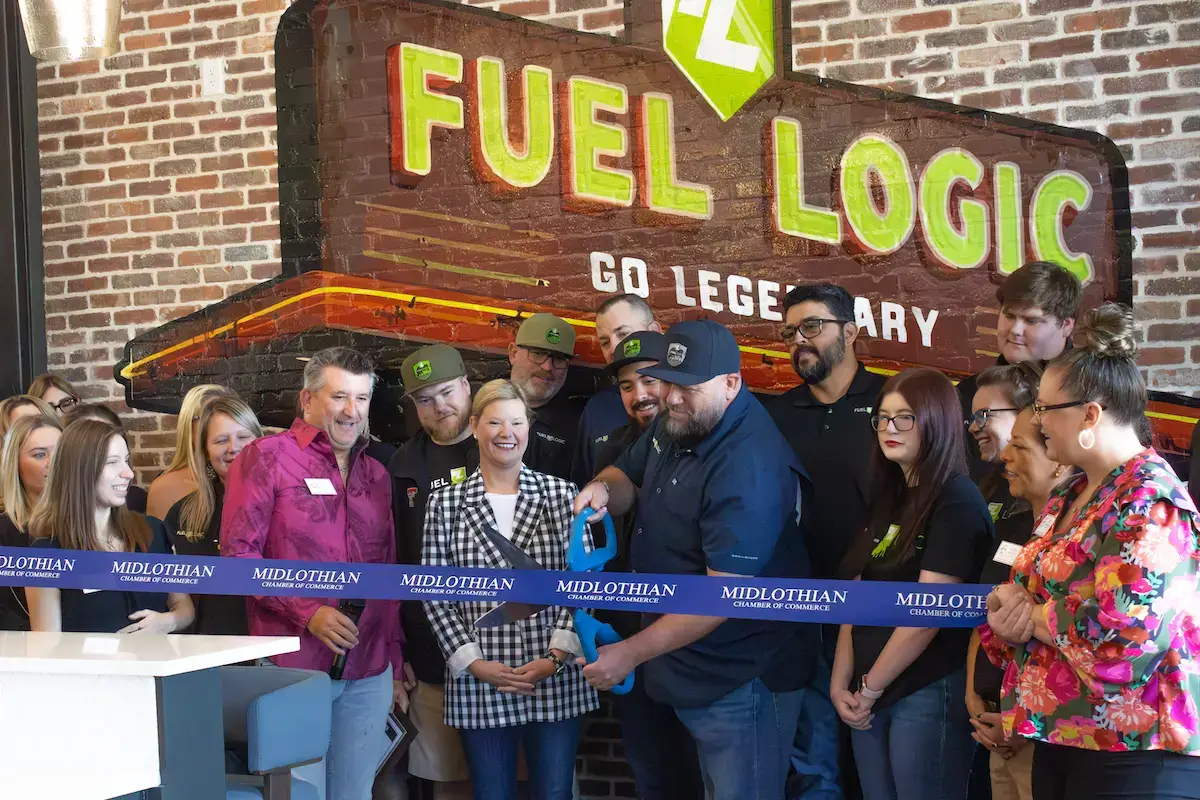In January 2025, the Massachusetts Department of Environmental Protection (MassDEP) fined Taylor Davis Landscaping & Construction $42000+ because of a diesel spill and destruction of wetlands. The company quickly rectified by removing 35 tons of contaminated soil. The landscaping and construction industry is rather significant in terms of sustainability, i.e., dealing with soil erosion and preventing the risk of pollution with fuel spill cleanup.
But stringent standards may be difficult to adhere to by most businesses. However, the Taylor Davis case shows the positive impact that enforcement can produce. The following post shares best practices for construction and landscaping to avoid penalties, the importance of environmental regulations, and their effect on the industry.

The Importance of Environmental Compliance in Construction and Landscaping
The construction and landscaping business has tremendous effects on the environment, with the industry accounting for 25 to 40 percent of carbon emissions in the world. That’s why regulators like MassDEP are crucial for enforcing environmental rules, and businesses should operate sustainably to avoid costly fines. The significance of environmental compliance is as follows:
Environmental Impacts of Construction and Landscaping
The construction and landscaping industries create pollution in several ways. Gas-powered equipment and other materials such as cement (5%) and steel (6-7%) are contributors to air pollution since they produce a high volume of CO₂. The diesel engines in work sites also emit poisonous gases that interfere with air quality and health.
Water pollution takes place where stormwater runoff carries chemicals and sediments into rivers and lakes. Landscaping with the use of fertilizers also contaminates water and kills wildlife. Not to mention, soil gets undermined by the compacting and erosion involved in the construction of buildings. Besides, conventional landscaping destroys the natural wildlife habitat in most cases.
Waste is another major problem. About 90% of the building waste material is from demolition, which goes to the landfill. Moreover, construction materials are recycled at an estimated 40%, thereby contributing to an overcrowded landfill. Hazardous products such as asbestos and lead should be handled differently, but suitable disposal sites are less available. There is a single asbestos landfill in Massachusetts, and the landfill is not open to receive waste.
Importance of the MassDEP Regulatory Body
The MassDEP is the primary law enforcement agency in Massachusetts regarding environmental laws. It monitors activities such as the removal of asbestos, the handling of hazardous wastes, and the protection of water. As an example, it demands 10 days of advance notice of demolition or asbestos work of 10 days, and enforces cleaning up fuel spills, as it did in the Taylor Davis case.
Construction around water is also supported by permits handled by MassDEP in order to avoid damage to the stormwater and wetlands. The pollution and hazardous waste measures are legislated at the federal level, through legislation such as the Clean Water Act (CWA) and the Resource Conservation and Recovery Act (RCRA).
In addition, the Clean Air Act (CAA) covers emissions from equipment, and the Endangered Species Act (ESA) protects wildlife, especially in areas where they’re at risk. If a company slips up here, it’s not just a slap on the wrist. Fines can shoot past $60,000 a day, projects might get held up or even shut down completely, and public enforcement records can seriously dent a company’s reputation.

MassDEP’s Action Against Taylor Davis Landscaping & Construction
MassDEP penalized Taylor Davis Landscaping & Construction for a number of misconducts impacting the environment. These were failures to report a diesel fuel spill at their Amherst site and to clean it up appropriately, altering the wetlands that surrounded their site. The company also stored used oil beyond the required standards and was fined $42,412.50. To fix the problems, it removed 35 tons of contaminated soil, upgraded how they store and handle waste oil.
They also began improving their stormwater system to prevent future runoff pollution. MassDEP waived part of the fine to 30,000 dollars because of their cooperation and cleanup efforts. This case brings out the cost of non-compliance and emphasizes the best practices to which the local landscaping businesses should comply.
Best Practices in Construction and Landscaping
In construction or landscaping, sustainability isn’t just a buzzword. It’s how you keep up with regulations, cut costs, and avoid messing up the environment. Here’s how:
Eco-Friendly Materials & Resource Conservation
Making construction and landscaping more eco-friendly boils down to picking smart materials and saving water. Things like recycled concrete, reclaimed wood, and low-VOC paint help slash waste and pollution. Also, employing engineered wood and permeable pavers doesn’t just look appealing. They can help you adhere to green building standards like Leadership in Energy and Environmental Design (LEED).
Similarly, water-saving measures are the same. Drought-resistant plants, harvesting of rainwater, intelligent irrigation systems, as well as gray water recycling contribute to water conservation. These activities not only decrease utility costs but also aid in accomplishing environmental regulations, including stormwater and runoff regulations under the Clean Water Act.
Proper Waste Management & Pollution Control
Landscaping and construction sites leave behind asbestos, lead paint, and oil spills. Businesses really need to separate those hazards, keep spill kits handy, and actually use certified disposal places. It is also important to prevent spills. The contamination can be prevented using secondary containment, such as double-walled tanks, regular checkups of equipment, and employee education on clean-up measures. Regulations such as the RCRA and the OSHA already necessitate the handling and training of workers.
The EPA Spill Prevention, Control, and Countermeasure (SPCC) rule mandates spill plans on facilities that have more than 1,320 gallons of storage for oil. There are also heavy fines involved in going against the mandate. In order to safeguard wetlands and waterways, companies ought to restrict chemical runoff through the utilization of buffer zones, fertilizers lacking phosphate, and erosion control blankets.
Green Infrastructure & Stormwater Management
When adopting green infrastructure, tear out the old pavement and replace it with porous asphalt, gravel pavers, bioswales, or even a rain garden. This way, water goes into the ground where it belongs, not barreling down the street or turning the sewers into a swimming pool.
After construction, restoring natural areas is important. Topsoil reuse, planting of native species, and application of erosion control mats assist in the recovery of ecosystems and avoid the loss of soil. Wetlands are also vital. They filter water and reduce flood risks.
Projects should avoid damaging them when possible. If impact is unavoidable, companies can support restoration elsewhere through mitigation banking or use natural shoreline methods instead of concrete.

The Role of Regulations and Accountability in Environmental Protection
Environmental regulations, as enforced by MassDEP, force industries to adopt greener practices. For example, RCRA rules encourage recycling and have resulted in Southern Botanical turning all green waste into compost.
Whereas violations can result in costly fines (e.g., $850,000 for filling 22 acres of wetlands) and cleanup, as well as damage to a company’s reputation. In response, many companies invest in training and seek green certifications like LEED to avoid penalties and improve marketability.
Even smaller fines can drive upgrades. For instance, Lawrence Lynch Corp. and Fed Corp will each pay $3,000 for breaking the Clean Water Act. Both have made oil spill prevention plans to protect the environment in their communities.
Pan Glo New England was fined $11,607 for pollution and waste violations. They paid the fine, took responsibility, and promised to follow state rules. They also reported steps taken to stop odors and agreed to follow rules for emissions testing. Lastly, public-private partnerships help drive sustainability. These efforts allow shared costs and larger-scale results.
MassDEP offers a range of programs to help companies meet sustainability goals, such as the Sustainable Materials Recovery Program. It assists in the improvement of recycling and composting. A Recycling Business Development Grant also supports the improvement of material gathering and processing.
Other sources of financing are micro-grants for short-term waste emission decrease, help with diesel emissions, and incentives for electric automobiles and charging facilities. Technical assistance is also offered by the MassDEP Office of Technical Assistance and RecyclingWorks, which provides information on waste reduction, recycling, and composting.
Planning efforts comprise a 2030 Solid Waste Master Plan in play, tossing out some new waste bans and tightening up old ones. There’s also the Clean Heat Standard, which is about cutting down emissions. MassDEP isn’t just handling this on its own. They’re working with groups like the Clean Energy Partnership and the Regional Restoration Program. The goal? Better energy efficiency and giving the environment a bit of a boost.

What’s Next for Sustainable Landscaping and Construction?
Landscaping’s getting a serious upgrade lately. People are leaning into smart tech like automated irrigation, selecting native plants, and setting up rainwater collection. Composting is in the trend again, chemicals are out, and wildlife-friendly gardens are on the rise. Even driveways (with permeable paving) and rooftops are going green.
In addition, there are low-water alternatives, which involve edible gardens, rock gardens, and artificial turf. The solutions for environment-related construction include green building materials, energy-efficient design, the use of solar power, and modular buildings.
Smart air quality monitors, cool roofs, recycled materials, and prefabrication are some of the innovations that transform buildings into more efficient and green houses. Moreover, there’s a large involvement of technology, where intelligent systems control both energy and water. The focus is also on the resilience of the climate, utilizing materials through recycling, and increasing demand for green homes with the help of governmental incentives.
⚡ Key Takeaways
- Environmental compliance is critical in construction and landscaping to avoid costly fines, protect ecosystems, and maintain business reputation, as demonstrated by the Taylor Davis diesel spill case.
- Construction and landscaping contribute significantly to pollution through emissions, water contamination, soil degradation, and waste generation, making sustainable practices essential.
- Effective environmental management involves using eco-friendly materials, proper waste handling, pollution control measures, and green infrastructure to reduce negative impacts.
- Regulatory bodies like MassDEP enforce environmental laws strictly, incentivizing companies to adopt greener methods and technologies to ensure compliance and foster sustainability.
FAQs
Is construction and landscaping the same thing?
Landscaping and construction are not related. Landscaping improves outdoor scenery, whereas construction raises buildings. They usually work as one, but entail different skills, guidelines, and scopes of the project.
What is landscaping in construction?
Landscaping is the procedure of creating, designing, or fixing up the outside of a place to look aesthetically appealing and functional. It covers things like patios and paths, and all the plants and trees.
How does landscaping improve the environment?
Landscaping benefits the environment, as it cleans water and the air, saves water, and assists wildlife. This aids in trapping dust by the lawn/plants, filtration of water, and protection of the pollinators. Landscape with environmental safety also reduces pollution, energy consumption, and increases biodiversity.
What are the benefits of sustainable landscaping?
Eco-friendly landscaping helps save money on water and upkeep, native plants aid in pollution reduction, and the development of healthy ecosystems. You also help out local wildlife.
How can companies avoid similar violations?
Businesses must learn the local statutes, employ environmentally friendly ways, and train their employees and customers to adhere to environmental regulations. This involves the use of low-water accommodating plants, proper waste management, and identification of alternative means of conserving the environment.
Keep Your Landscaping Fleet Running All Season
Reliable fuel delivery so your mowers, tractors, and trucks never stop.
Protect Your Job Site & the Environment By Partnering With Fuel Logic
Complying with environmental regulations is not merely a legal obligation. It is protecting your enterprise and the environment. Cases like Taylor Davis show how diesel spills can lead to big fines and harm your reputation. The smart move? Work with a trusted fuel partner like Fuel Logic.
We make fuel handling easy and safe with nationwide mobile delivery. Our trucks bring fuel directly to your fleet, job sites, generators, onsite tanks, reefers, and DEF tanks, day or night. Wherever you are, we deliver clean, reliable service to keep you running and compliant.
Reach out to Fuel Logic today and order professional on-site diesel fuel delivery.









